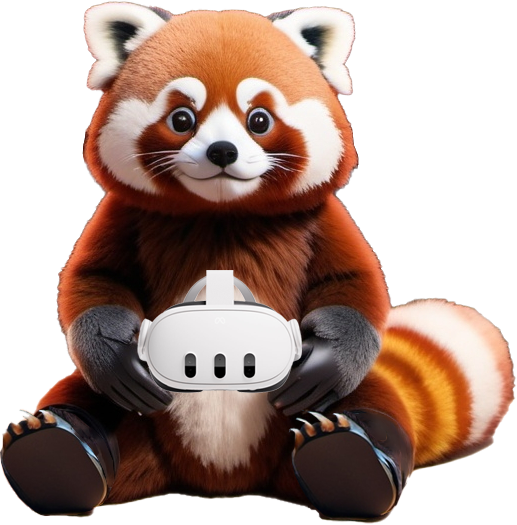Virtual Factory Visit Virtual Factory Tour
“Exploring the Future of Factory Tours: How Virtual Reality is Changing the Game”
Factory visits are an essential part of many industries, allowing stakeholders such as customers, investors, and employees to gain insights into the manufacturing processes and operations. However, traditional factory tours can be time-consuming, costly, and sometimes restricted due to various factors such as location, safety, or confidentiality. This is where virtual reality (VR) is revolutionizing the concept of factory visits. In this blog post, we will delve into the world of virtual factory tours and explore how VR is changing the game by providing immersive and interactive experiences that transcend the limitations of physical visits.
Access to Remote Locations:
One of the significant advantages of using VR for factory visits is the ability to access remote or hard-to-reach locations. Many factories may be located in remote areas, making it logistically challenging for stakeholders to visit them physically. With VR, stakeholders can virtually transport themselves to any location around the world and experience the factory tour as if they were physically present. This eliminates the need for costly travel, accommodation, and logistical arrangements, making factory visits more convenient and accessible for stakeholders from different geographical locations.
Enhanced Safety and Cost-Effectiveness:
Factory tours can sometimes involve risks associated with the machinery, equipment, and hazardous materials used in the manufacturing processes. VR provides a safe environment for stakeholders to experience the factory tour without any physical risks. Virtual factory tours can simulate the real-life operations, processes, and challenges, allowing stakeholders to understand the manufacturing processes and operations in a safe and controlled environment. Additionally, virtual factory tours can be cost-effective, as they eliminate the need for physical infrastructure, resources, and personnel for conducting traditional factory tours, resulting in potential cost savings for the organization.
Immersive and Interactive Experiences:
VR provides an immersive and interactive experience that can enhance stakeholders’ understanding of the factory operations. Virtual factory tours can include 3D simulations, animations, videos, and interactive elements that allow stakeholders to explore and interact with the factory environment. Stakeholders can virtually walk through the factory floor, observe the manufacturing processes, interact with the machinery, and even participate in virtual demonstrations or simulations. This level of interactivity can significantly enhance stakeholders’ engagement and understanding of the manufacturing processes, leading to more informed decision-making and better appreciation of the factory’s operations.
Customized and Scalable Tours:
VR-based factory tours offer the flexibility of customization and scalability. Organizations can customize the virtual factory tours to suit their specific needs, objectives, and target audience. For example, different stakeholders such as customers, investors, or employees may have different interests or levels of technical knowledge. VR allows organizations to tailor the virtual tours accordingly, providing a personalized experience for each stakeholder group. Additionally, virtual factory tours can be easily scaled and replicated, allowing organizations to conduct multiple tours simultaneously or offer the tours on-demand to a large number of stakeholders, thereby increasing the reach and impact of the factory visits.
Sustainable and Eco-Friendly Solution:
In today’s era of increasing environmental consciousness, virtual factory tours offer a sustainable and eco-friendly solution. Traditional factory tours involve transportation, energy consumption, and other environmental impacts associated with physical visits. VR-based factory tours can significantly reduce these environmental impacts as they are conducted virtually without any physical travel or resource consumption. This can align with an organization’s sustainability goals and contribute to a more environmentally responsible approach towards factory visits.
Virtual reality is transforming the concept of factory visits by providing immersive, interactive, and accessible experiences that transcend the limitations of physical visits. VR-based factory tours offer advantages such as remote access, enhanced safety, cost-effectiveness, immersive experiences, customization, scalability, and sustainability. As VR technology continues to advance, virtual factory tours are likely to become an integral part of the new way of fastening the physicla factory visits, reduces time and costs.
